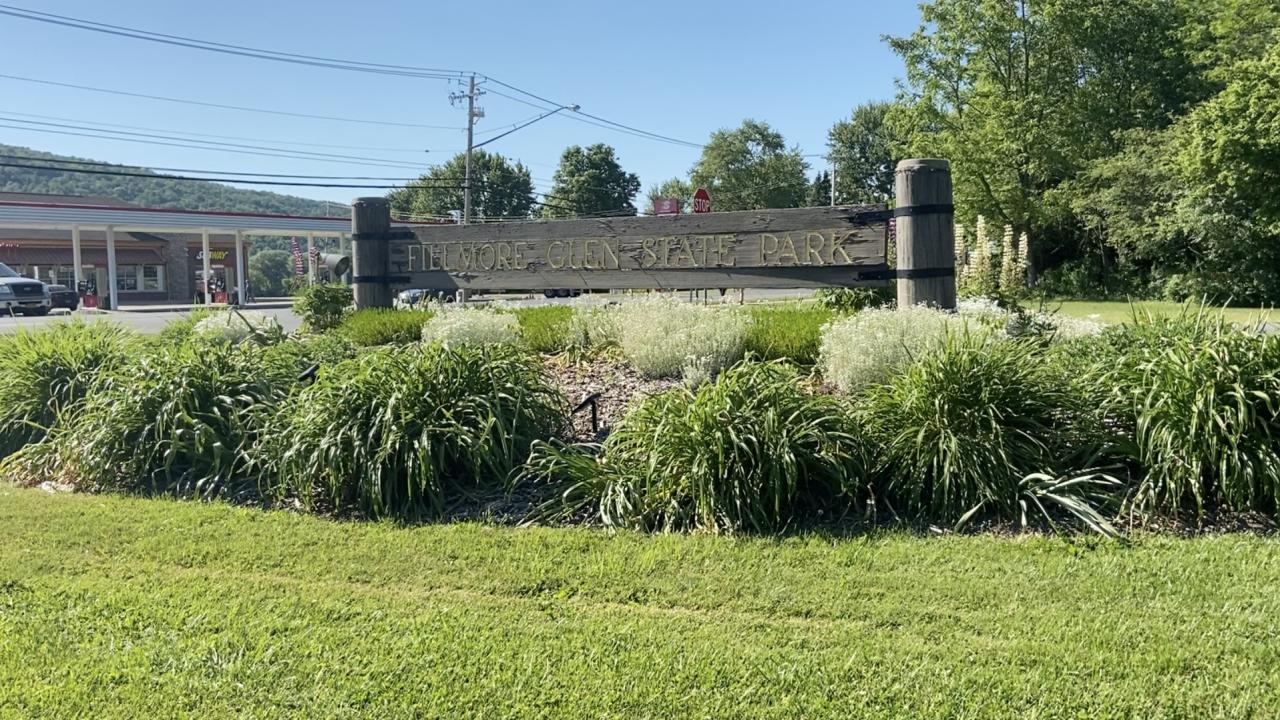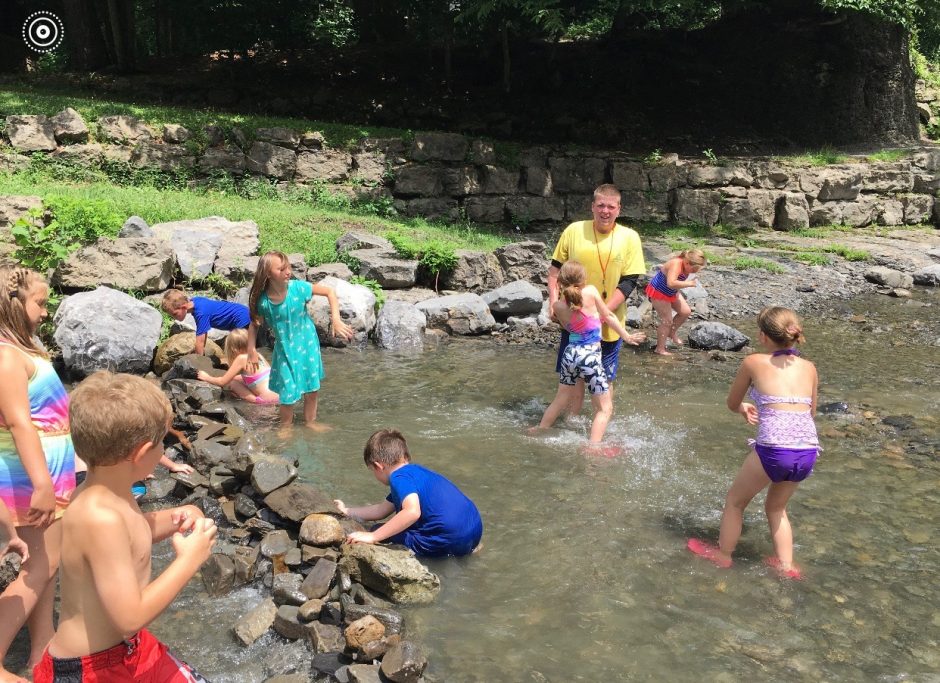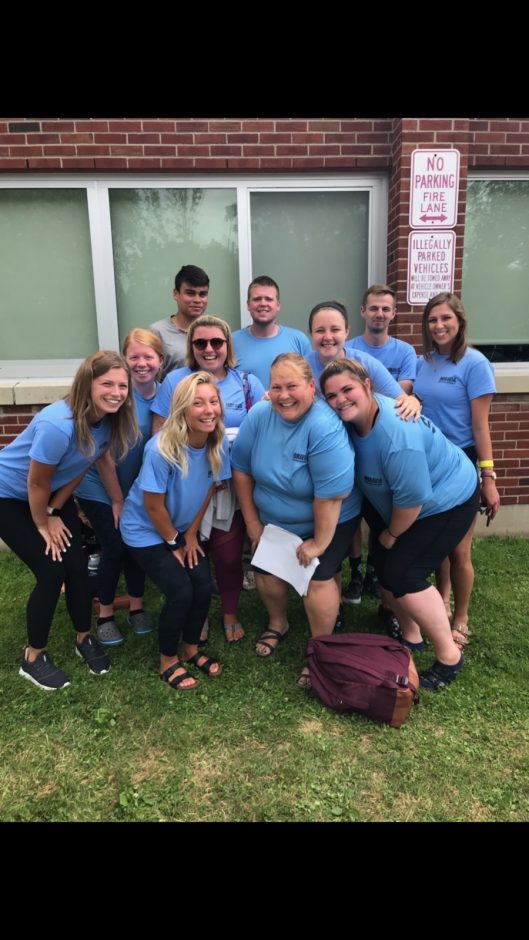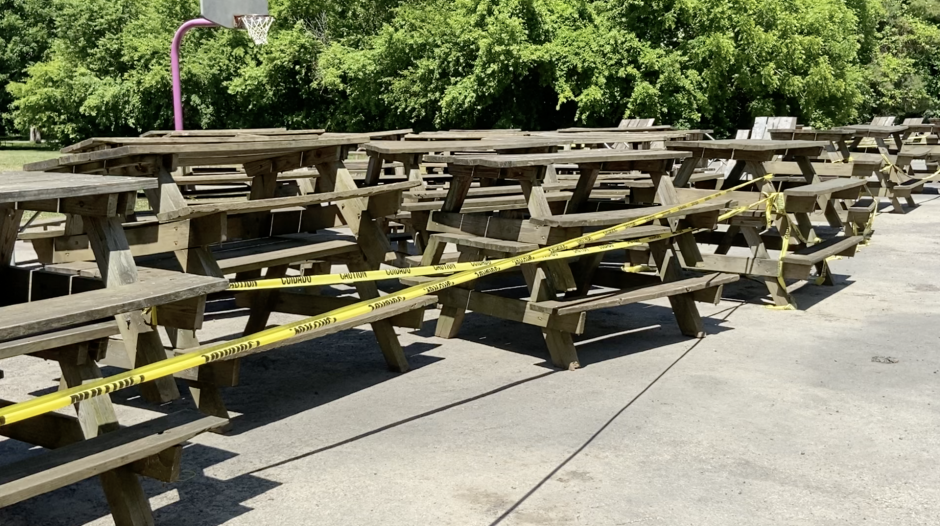
MORAVIA, N.Y. (NCC NEWS) – After a long fight to get back its summer camp program, COVID-19 has put a halt to Moravia Recreation. This decision came even after Gov. Andrew Cuomo’s executive order in early June that would allow summer camps to open in New York state. A collaboration of groups decided it would be the safest route to go, given all of the uncertainty regarding the virus.
For 70 years, the small Cayuga County town of Moravia has been the home of the Moravia Recreation Program — a summer day camp at Fillmore Glen State Park for children in the school district to attend Monday through Thursday, with field trips taking place on Fridays. This year will be the first time the kids and counselors won’t be using the famous swimming area, or the recently renovated playground.
It was a decision made collectively by a nonprofit organization, the camp directors, and the village of Moravia board members. Although a difficult decision to make, Erica Heim, the president of the Moravia Recreation Nonprofit Organization, believes it was the safest way to go.
“I feel like the decision was made with the best interest of the students, the staff, and the safety concern of everybody to not run the program this year,” said Heim. “There are too many risks involved and a lot of blurry guidelines.”
Heim said it was disappointing, yet necessary to cancel this summer. It was disappointing because recreation in Moravia was on its way out just over a year ago due to the Moravia Town Board in voting to not continue to be the lead municipality any longer. With the persistence of Heim and other founding members of their nonprofit organization, they would help fund it back onto its feet. That’s when the Moravia Village Board took on the lead municipality role.
“Recreation is a great program and our group wanted to do it,” said Village Mayor Gary Mulvaney. “First, we had to work with the town and figure out what we needed to do to take it on. The biggest thing was insurance.”
“We knew going into 2020 that the town wasn’t going to take the lead, so we had to work hard to get the village on our side,” said Heim. “We got official word that the village would take on the lead municipality role early this year. A lot of that is being the carrier of insurance and to collaborate with us to run the program.”
After getting every date set aside and a plan for registration, COVID-19 swept the globe in March put everything on hold. The next step was to figure out what to do next. After several months of waiting, the program had very little time to make a decision because of their deadline to pay the insurance.
“There was a period of time where we were in panic mode,” said Heim. “To have a camp start in July, the timeline became very short. All of the things that would have to be done from that early June date to July 6, which was the original start date, along with completing registration did not seem feasible.”
Shortly after the decision to cancel this summer’s program, people of Moravia questioned why recreation could not be handled considering Cuomo’s order that would allow summer camps. In response, the village of Moravia and the nonprofit organization felt that they weren’t getting enough strict guidelines on how to proceed. One large issue was the proper health screening guidelines for children and staff every day.
“We had to look at provisions from daycare and other facilities where children are the main cohort,” said Heim. “What happens if a child rides their bike in and we check them and they’re sick? How do we get a hold of the parents and where do we send the child? There’s too many questions like those that we weren’t sure of on how to proceed.”
Outside of constant health screening, there are many other severe limitations to state parks in New York. Some of them include:
• Closure of swimming area
• Closure of playground area
• Main Pavilion closed
• No contact activities; children needing to stay six feet apart
• Children and staff wearing masks all day in the heat
“So much of summer recreation is embodied by being outdoors and outdoor activities,” said Heim. “I can see where a lot of that would have been able to continue, but what about rainy days? They usually put the kids in the pavilion, but the pavilion is closed. What happens if the facilities stay closed and the kids can’t sit down and eat lunch together?”
Gary Mulvaney also making it clear that it would be too difficult to proceed given all of the uncertainty revolving the Coronavirus. Not only the risk of many children getting sick, but the fear of the virus in itself.
“It’s too hard to tell how many kids would be coming every day, as well as making sure we got everyone in safely,” said Mulvaney. “Friends of mine saying they weren’t sure if they’d even let the kids come because of the virus. Some people are very scared of it, and we all should be. We should all be very conscious of it and learn to get along with it. It’s going to be here for a while.”
While it was a difficult decision to make, the program plans to continue to fundraise and create scholarships and other grants to allow recreation to come back strong in the future years. The nonprofit organization said it is dedicated to raising funds so every child can be a part of the program and not worry about finances.
“As disappointing as it was to cancel, it does give us an opportunity to really lay some new groundwork and some new plans for 2021 on ways for the program to grow and expand,” said Heim. “Whether it’s including more equipment we can get or more kids we can support, I do think we can take something that was so disappointing and turn it into an opportunity.”







